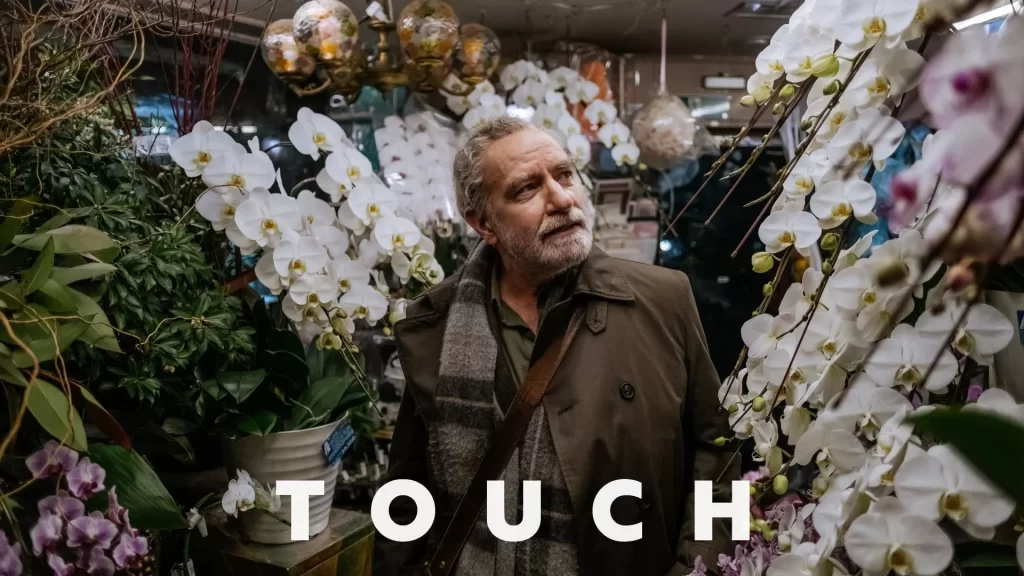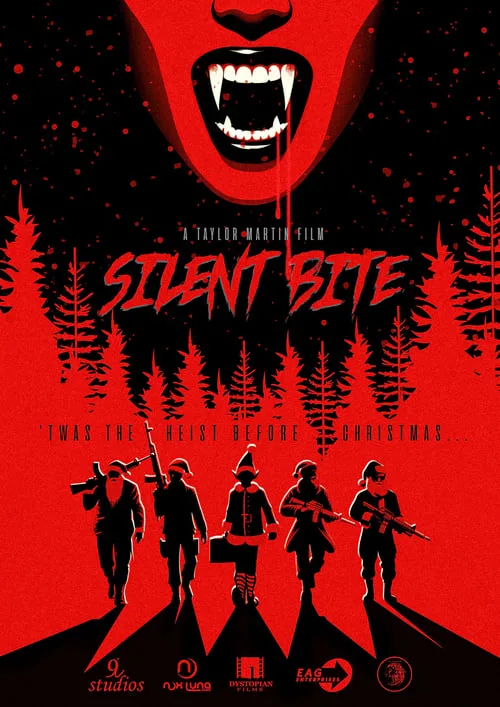An Exquisite Journey of Love, Memory, and Self-Discovery
Icelandic director Baltasar Kormákur’s Touch is a poignant and visually stunning exploration of memory, aging, loss, and love. This film is vast in scope, stretching over decades, languages, continents, and cultures, yet its sensibility is as exquisitely tender as the flutter of a butterfly wing. With a narrative that weaves between the past and the present, Kormákur captures the essence of first love and the enduring impact it has on our lives.





Touch follows the story of Kristófer (Egill Ólafsson), an elderly widower and restaurant owner in Iceland. Concerned about his diminishing memory and fine motor skills, Kristófer visits his doctor, who suggests that he address any unresolved issues while he still can. This advice triggers a flood of memories from Kristófer’s past, specifically his first love, Miko (Yôko Narahashi), whom he met in 1960s London after dropping out of graduate school and working at a Japanese restaurant.
Determined to find her 60 years later, Kristófer embarks on a journey to London, just as the world is shutting down in the early days of the COVID-19 pandemic. Despite his daughter’s increasingly worried phone calls, Kristófer is driven by a sense of purpose and an appreciation for the world around him.
As Kristófer travels and investigates, the film takes us back and forth in time, depicting the young Kristófer (Palmi Kormákur) and Miko’s romance in vibrant 1960s London. The present-day scenes are contrasted with soft, warm-colored memories, beautifully captured by cinematographer Bergsteinn Björgúlfsson.
Baltasar Kormákur’s direction is both tender and meticulous, creating a film that feels deeply personal and universally resonant. The narrative’s structure, which moves fluidly between past and present, allows viewers to experience the full scope of Kristófer’s journey. Kormákur’s ability to capture the subtle nuances of memory and emotion is evident throughout the film, making Touch a truly immersive experience.
The film’s pacing is deliberate, giving viewers time to reflect on the themes of memory, love, and aging. Kormákur balances moments of quiet introspection with scenes of vivid emotional intensity, creating a rich and textured narrative.
Egill Ólafsson delivers a heartfelt performance as the elderly Kristófer, capturing the character’s vulnerability and determination. His portrayal of a man grappling with the passage of time and the weight of unresolved love is both moving and profound.
Palmi Kormákur, playing the young Kristófer, brings a sense of youthful exuberance and sincerity to the role. His chemistry with Yôko Narahashi, who plays Miko, is palpable, and their scenes together are filled with warmth and poignancy. The supporting cast, including Masahiro Motoki as Takahashi-san and Lucy DeVito as Kristófer’s concerned daughter, add depth and dimension to the film.
Cinematographer Bergsteinn Björgúlfsson’s work is a visual feast, capturing the contrasting worlds of 1960s London and present-day Iceland with equal beauty and precision. The film’s use of color and light enhances the emotional resonance of the story, with the warm tones of memory contrasting with the cooler palette of the present.
One standout scene involves Kristófer meditating among clouds he created in a sunlit room painted sky blue, symbolizing a rare moment of calm in his tumultuous journey. The film’s visual style is both poetic and evocative, adding another layer of depth to the narrative.
Positive Aspects
- Heartfelt and Emotional Storytelling:
- Strong Direction by Baltasar Kormákur:
- Engaging Plot and Character Development:
- Themes of Aging, Regret, and Cultural Relationships:
- “Touch” delves into themes around aging, regret, the cost of war, and the challenges of cross-cultural relationships. These themes are explored through Kristófer’s interactions and experiences, making the film resonate on multiple levels 7.
- Beautiful Cinematography and Visuals:
- The film’s cinematography is described as having a gorgeous, autumnal glow, which enhances the emotional impact of the story. The visual aesthetics contribute to the film’s overall appeal and immersive experience 8.
- Critical Acclaim and High Ratings:
- “Touch” has received a 93% approval rating on Rotten Tomatoes, with an average rating of 7.6/10. The consensus describes it as a “wistful reverie on life itself.” Additionally, Metacritic assigned the film a score of 74 out of 100, indicating generally favorable reviews 9.
Mixed to Negative Aspects
- Narrative Complexity and Pacing Issues:
- Some critics have noted that the film’s plot can feel disjointed and narratively convoluted, with too many subplots and characters that don’t fully connect until the end. This can affect the pacing and make the story feel aimless at times 106.
- Philosophical Themes and Controversies:
- The film has been criticized for promoting a relativistic philosophy that suggests the reality people choose to believe is all that matters. This theme has sparked debate among viewers and critics, with some finding it problematic 7.
- Scary Moments and Peril:
- While the film is primarily a romantic drama, it contains some moments of peril and violence that may not be suitable for all viewers. Parents are advised to exercise caution when allowing their children to watch the film 11.
- Comparisons to Other Works:
- Although “Touch” stands on its own, some critics feel it lacks the emotional depth and narrative coherence of other similar works. This comparison may affect viewers’ expectations and overall reception of the film 12.
Touch is a film that lingers in the mind long after the credits roll. Its exploration of memory, love, and aging is both tender and profound, resonating deeply with viewers. Baltasar Kormákur’s direction, combined with outstanding performances and stunning cinematography, makes Touch a truly unforgettable cinematic experience.
FAQs Touch (2024)
Q: Where can I watch Touch (2024)?
A: Touch (2024) is available for streaming on [Streaming Service]. You can also watch it online at iWatchOnline.
Q: Who directed Touch (2024)?
A: The film was directed by Baltasar Kormákur.
Q: Who stars in Touch (2024)?
A: The film stars Egill Ólafsson as the elderly Kristófer, Palmi Kormákur as the young Kristófer, and Yôko Narahashi as Miko. The supporting cast includes Masahiro Motoki and Lucy DeVito.
Q: What genre is Touch (2024)?
A: Touch is a drama with elements of romance and existential exploration.
Q: Is Touch (2024) suitable for children?
A: The film is rated [Rating] and contains mature themes, making it unsuitable for young children. Parental discretion is advised.
Q: What are the main themes of Touch (2024)?
A: The film explores themes of memory, aging, love, loss, and the enduring impact of first love.
Q: Is there a sequel planned for Touch (2024)?
A: As of now, there has been no official announcement regarding a sequel.
Q: How long is Touch (2024)?
A: The runtime of Touch is approximately [Runtime] minutes.
Sources
Touch (2024) is an exquisite exploration of love, memory, and self-discovery. With its compelling narrative, outstanding performances, and stunning visuals, it offers a deeply moving and unforgettable cinematic experience. For those seeking a film that resonates on an emotional and intellectual level, Touch is a must-watch.



